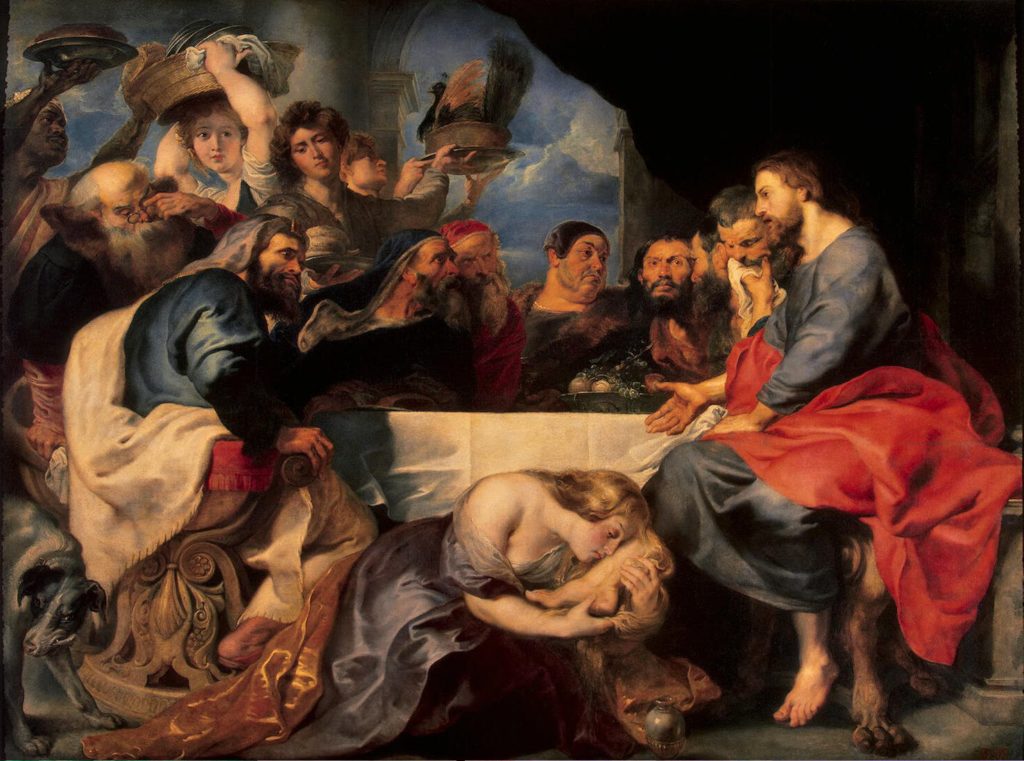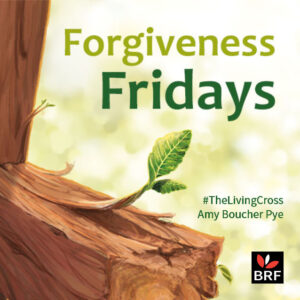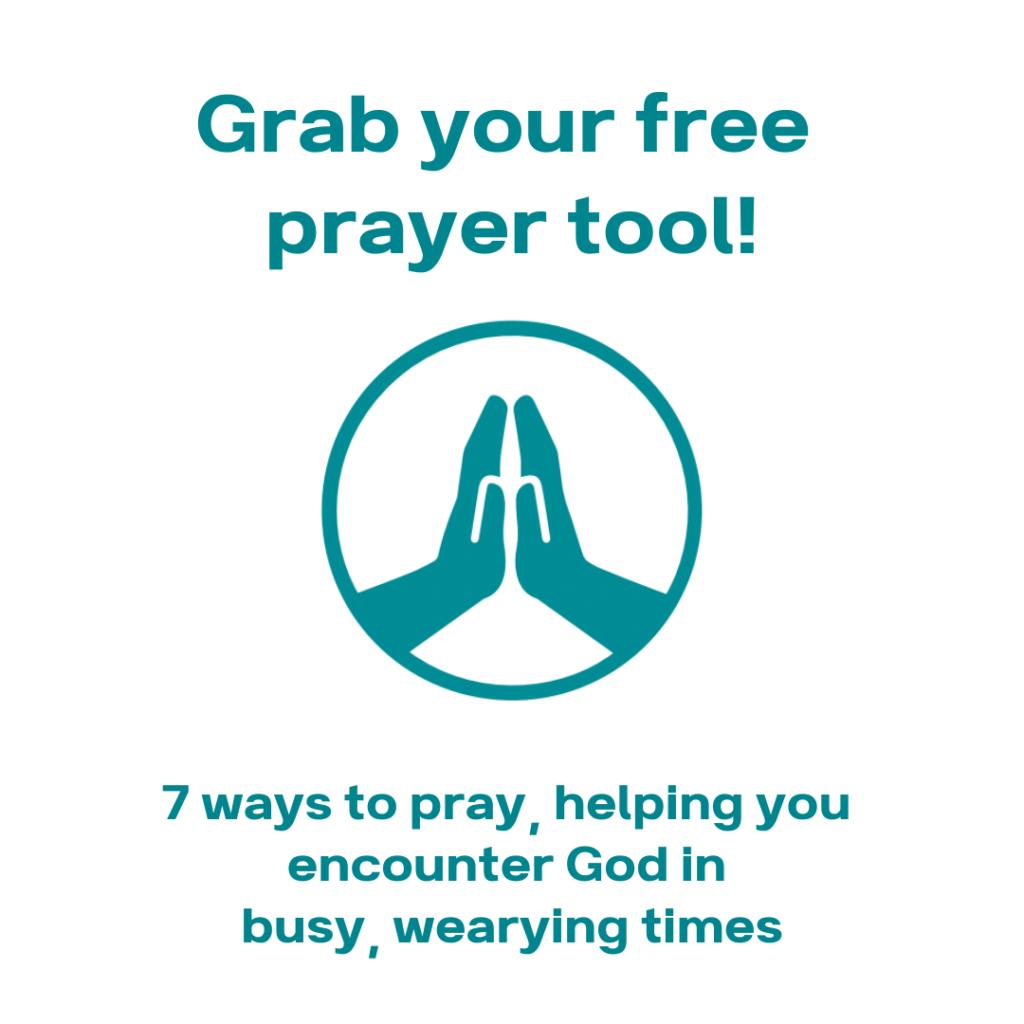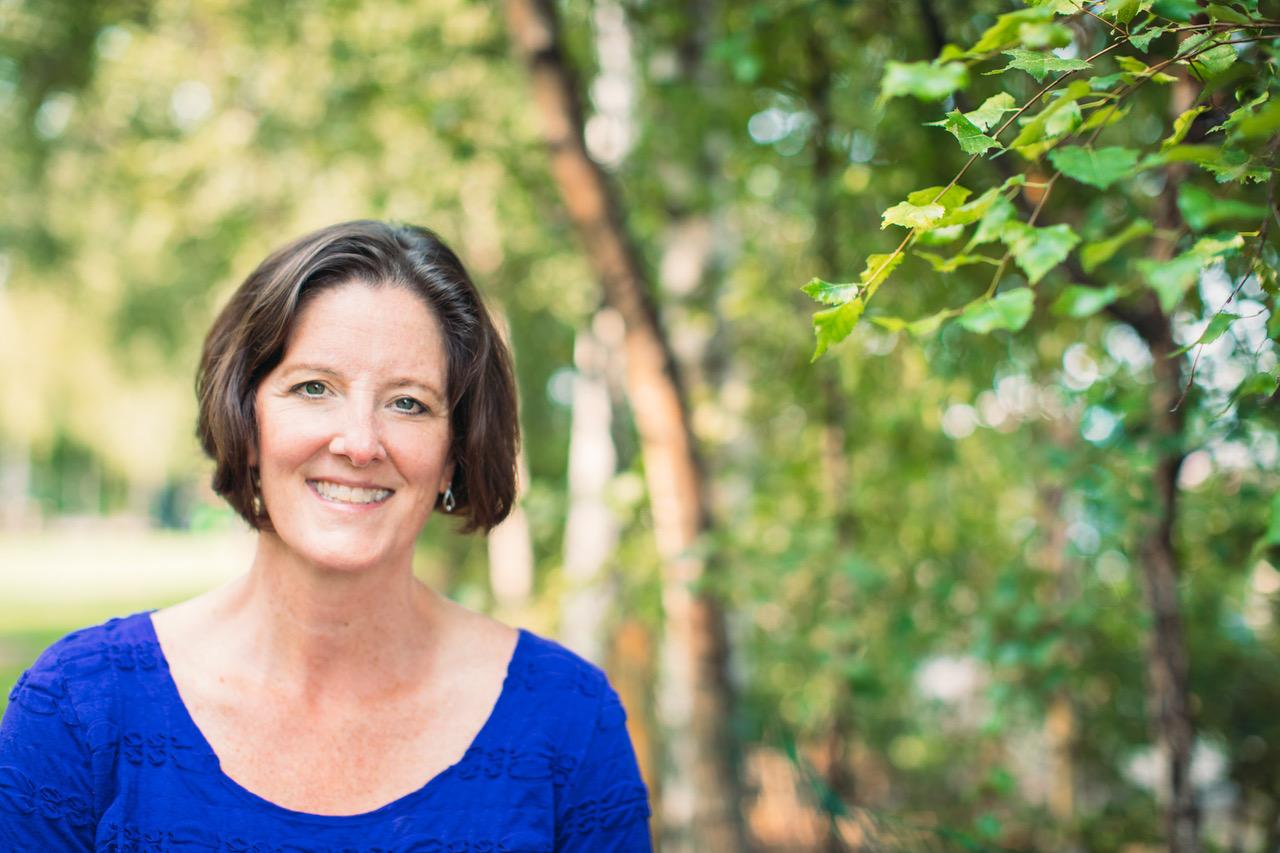Forgiveness Fridays: Forgiving as we are forgiven by Sharon Garlough Brown
Forgiveness – what about those of us who see ourselves as “good”? We don’t have a gripping conversion story to share of how God saved us miraculously. Or do we? Join Sharon Garlough Brown, author of the amazing Sensible Shoes novels, to explore this question.
“But the one to whom little is forgiven, loves little.” (Luke 7:47)
Ten years ago those words leapt off the page and pierced my heart with surgical precision. I had read the text from Luke 7:38-50 many times over the years, but that day the text read me.
Let’s remind ourselves of the scene. One day Simon the Pharisee, a religious leader with an upstanding, righteous reputation in the community, hosts a dinner party. The guests recline around a table, probably in an open courtyard, and Jesus is there at Simon’s invitation.
While they’re eating, a woman enters the courtyard, a woman who is also well-known in the community. She’s a woman with a reputation, but not as an upstanding citizen. This woman is a “that kind of woman,” the kind of woman who doesn’t belong at respectable dinner parties hosted by respectable men.
But this woman is determined. She’s heard that Jesus is at the party, and she’s on a mission. So she perseveres past the whispers and the sneers, past the judgmental and scathing looks, past the raised eyebrows, past the pointing and accusing fingers in order to come to Jesus.

Peter Paul Rubens and Anthony van Dyck. A woman washes Christ’s feet in the house of Simon the Pharisee, circa 1615. Saint Petersburg, Hermitage Museum.
And as Simon the host watches in disgust, his respectable dinner party deteriorates into a spectacle. This woman, probably a prostitute, kneels at Jesus’ feet, weeping, and shamelessly offers the tools of her trade—her perfume, her hair, her kisses—she offers them to Jesus in devotion and gratitude. And Jesus receives the offering! He does not scold her for unbinding her hair, which was forbidden for a woman to do in public. (Only loose women did such things.) He does not object to her wiping his feet with that hair. He lets her touch him, kiss him, and express the sort of intimacy that no doubt had some guests around the table flushing with embarrassment or anger. What she does is scandalous.
Simon is deeply offended. In Simon’s mind, the whole incident calls into question Jesus’ reputation, too. “If this man really were a prophet,” Simon says to himself, “he would know who and what kind of woman this is who is touching him, that she is a sinner.”
And that’s when Jesus speaks. “Simon,” he says. “I have something to say to you.”
Jesus, a master storyteller, crafts a personal parable for Simon. Seeing right into Simon’s proud, judgmental, condemning, shriveled heart, Jesus offers a simple story about two debtors. One debtor owes an extravagant amount of money, the other owes a more reasonable sum. But neither one of the debtors is able to pay the debt. So the creditor, being a generous man, forgives both of them. Neither one has to pay what they owe.
Jesus asks Simon, which debtor do you think will be more grateful? Which one will love the creditor more?
With a shrug in his voice, Simon says, “I suppose the one who had the greater debt.”
“You’re right,” Jesus says. And then he goes on to point out all of the ways Simon has failed to show any common courtesy to a house guest and contrasts that with all of the ways the unnamed woman has lavished her love and devotion upon him. Jesus sums it all up this way: the one who has been forgiven much, loves much. It’s not that Simon doesn’t need to be forgiven as much as the woman. It’s that Simon doesn’t recognize the depth of his need.
That’s when the Spirit opened my eyes and broke my heart that day. What I saw was that I had more in common with Simon than with the woman. And I didn’t want to be like Simon. I wanted to be like the grateful, sinful woman. In fact, I had spent years envying conversion stories of so-called “sinners.”

Photo: Suzanne Schroeter, flickr
I had a pretty boring testimony, I thought. I’d been the “good girl” who had grown up in church, who never felt the rescue from sin was that big a deal because I didn’t think I had strayed very far to begin with. Sure, I knew I couldn’t pay the debt of my sin, but I still didn’t see my debt as very large, especially when compared to some other people’s debts.
So I prayed, asking God to enlarge my heart with love and gratitude for Jesus. I just didn’t realize that the process of enlargement would include an ongoing revelation of the depths of my sin: my self-centeredness, self-righteousness, self-absorption, self-sufficiency, self-protection, my critical spirit, my desire for control (all were symptoms of pride, with self as center).
I had no idea the process of enlarging my heart with love and gratitude for Jesus would include the ongoing revelation of all the ways I failed to love God with all of my heart, soul, mind, and strength. All the ways I failed to love others with his love.
I had no idea the process of enlarging my heart with love and gratitude for Jesus would include a daily revelation of my sinful action, my inaction, and my impure motives even when the outward appearance of love looked pretty good to others. The Holy Spirit’s surgical work was painful and penetrating.
Essentially, I was converted from seeing myself as a fairly decent person into seeing myself as a prostitute who had given herself over to false gods. I’d spent a lifetime worshiping at the altars of false gods—culturally acceptable and encouraged altars like pursuing reputation, honor, success, comfort, and achievement as ways to gain meaning, security, and significance in life.
When Pharisees begin to see themselves as sinners, it is a gift. It’s a gift to see the enormity of a debt which absolutely cannot be paid apart from the lavish and extravagant grace of God.
It’s a gift to see the depths of our sin, because then we see more clearly the breathtaking beauty and love of our Savior who poured out his life in a fragrant offering and sacrifice to God for us.
It’s easy to see and name the outward manifestations of sin. It’s easy to identify behavior that is not Christ-like. But we need the Spirit’s help to perceive the inner disposition of sin. We need God’s penetrating light to shine in the dark places, to reveal the heart issues, the deeply rooted patterns of resisting conformity to Christ, like anger, envy, pride, lust, greed, craving honor and recognition, and so much more.
And when we see it, when we see that sin is not behavior that can be modified but cancer that needs a radical remedy, by the grace of God, we might find ourselves falling at the feet of Jesus, weeping with gratitude, filled with love. Because that debt has been paid in full through the cross of Jesus Christ. Go in peace, Jesus says to sinners like me. Go in peace. Your sins have been forgiven. Your debt has been paid in full.
The one who has been forgiven much, loves much.
The ones who are aware of their need for forgiveness, their poverty of spirit, are the ones who will be enlarged to love God and to be kind and tenderhearted toward others, forgiving as we’ve been forgiven, with extravagant love, generosity, and compassion.
Thanks be to God.
 Sharon Garlough Brown is an author, retreat speaker, and spiritual director. A graduate of Princeton Theological Seminary, Sharon has served on the pastoral staff of congregations in Scotland, Oklahoma, England, and most recently in West Michigan, where she co-pastored Redeemer Covenant Church with her husband, Jack, for many years. Her spiritual formation novels, Sensible Shoes, Two Steps Forward, and Barefoot, follow the journey of characters who are learning to rest in the love of God. Her fourth novel in the Sensible Shoes series, An Extra Mile, will be released by InterVarsity Press in February, 2018.
Sharon Garlough Brown is an author, retreat speaker, and spiritual director. A graduate of Princeton Theological Seminary, Sharon has served on the pastoral staff of congregations in Scotland, Oklahoma, England, and most recently in West Michigan, where she co-pastored Redeemer Covenant Church with her husband, Jack, for many years. Her spiritual formation novels, Sensible Shoes, Two Steps Forward, and Barefoot, follow the journey of characters who are learning to rest in the love of God. Her fourth novel in the Sensible Shoes series, An Extra Mile, will be released by InterVarsity Press in February, 2018.








 Hello!
Hello! 